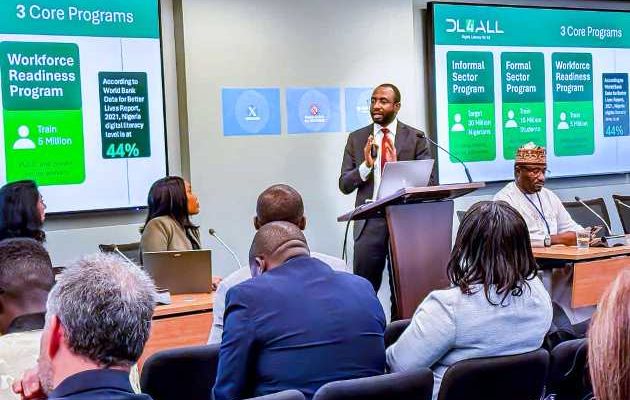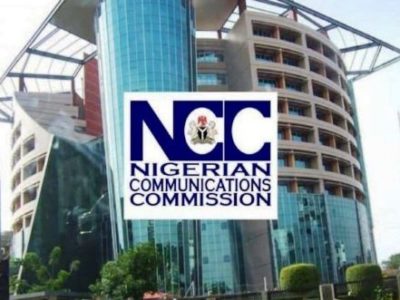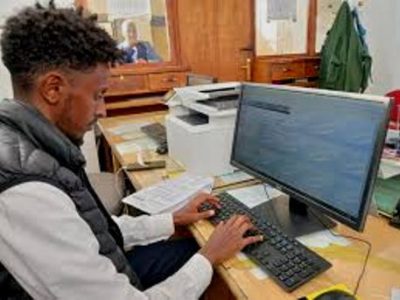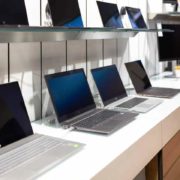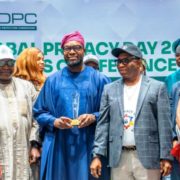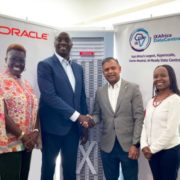NITDA Boss Champions Renewable Energy as Catalyst for Rural Digital Jobs at World Bank/IMF Meeting
The Director General of the National Information Technology Development Agency (NITDA), Kashifu Inuwa Abdullahi, has outlined Nigeria’s ambitious strategy to use renewable energy and digital innovation as twin engines for rural transformation and inclusive growth.
RELATED: NCC and REA launch joint committee to power Nigeria’s telecom infrastructure with renewable energy
Speaking at the Civil Society Policy Forum of the 2025 World Bank/IMF Annual Meetings in Washington D.C., Abdullahi positioned clean power as the critical first step to unlocking economic opportunities in underserved communities.
Renewable Energy: The “Fundamental Enabler” for Digital Inclusion
Abdullahi described renewable energy as a non-negotiable foundation for building a inclusive digital economy. “Renewable energy is not the destination. It is a catalyst,” he stated.
“When there is power, connectivity follows, and that connectivity triggers true transformation.”
He illustrated this by pointing to AI-powered farming tools, e-commerce platforms for women entrepreneurs, and remote work opportunities that allow youths to earn global incomes while living in their local communities.
Ambitious National Targets: 50 Million Nigerians to be Trained by 2027
Linking these efforts to President Bola Ahmed Tinubu’s Renewed Hope Agenda, the NITDA DG disclosed concrete national plans. He revealed that digital literacy is now a mandatory requirement for employment and promotion in the Nigerian civil service. Furthermore, NITDA, in collaboration with the Federal Ministry of Education, is integrating digital literacy into the national curriculum from kindergarten to tertiary levels.
“Our vision is clear, our journey is set, and our resolve is stronger than ever,” Abdullahi said, announcing the agency’s goal to train 50 million Nigerians by 2027 to create a skilled workforce that will drive the nation’s digital transformation.
World Bank Reaffirms Commitment with “Mission 300” for Africa
Echoing the focus on infrastructure, Fowzia Hassan, Senior Operations Officer for Infrastructure at the World Bank Group, reaffirmed the Bank’s commitment through its “Mission 300” (M300) initiative, which targets 300 million new energy connections across Africa by 2030.
“Access to energy has always been central to the Bank’s development agenda, but with M300, we’ve set a clear target, a deadline, and the resources to make it happen,” Hassan stated. She highlighted key programs in Nigeria, including the DAIRS program, designed to mobilize over $1 billion for mini-grids and solar systems.
Bridging the Gender Gap in the Energy Sector
Hassan also addressed the critical gender dimension of the energy transition. Citing data from the International Renewable Energy Agency (IRENA), she noted that while women make up 32% of Africa’s renewable energy workforce, they are predominantly in non-technical roles. She called for deliberate policies to enhance women’s participation and spotlighted the Women in Energy Network Africa (WEN-Africa), which aims to create 4,000 energy sector jobs for women within three years.
“Creating a clean, inclusive, and just energy transition is not just about connecting homes. It’s about empowering people, especially women and youth, to drive Africa’s prosperity,” Hassan emphasized.

